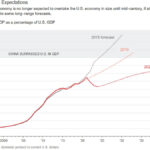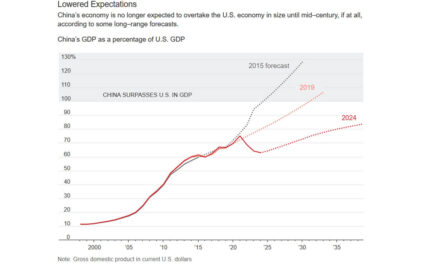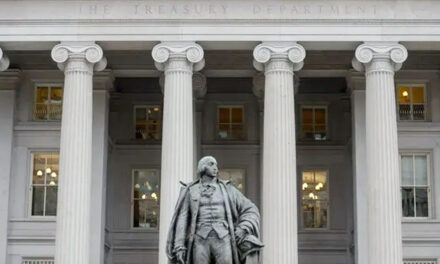
DHS Illegally Monitored Americans’ Money Transfer Data

A secret government program illegally collected up to 200 million records regarding Americans’ money transfers without a warrant and without congressional oversight, wrote Oregon Senator Ron Wyden (D) in a letter to the Department of Homeland Security (DHS).
The program, operated by a branch of the DHS and overseen by investigators with Immigrations and Customs Enforcement (ICE), collected data on all money transfers over $500 going to or from Mexico, Arizona, California, Texas, and New Mexico.
Money transfers are popular among immigrants who lack bank accounts but need to send cash to relatives in other countries. Congress was informed about the program last month, but only after Wyden started asking questions.
“Given the many serious issues raised by this troubling program, I request that you investigate the program’s origins, how the program operated, and whether the program was consistent with agency policy, statutory law, and the Constitution,” wrote Wyden, who asked DHS Inspector General Joseph Cuffari to ensure that any similar programs being run through the agency are subject to congressional oversight.
A spokesperson for the DHS claimed the agency was ‘committed to ensuring that its criminal investigative methods are as effective as possible while also consistent with the law,’ but this is clearly not the case. The clandestine program began as early as 2010 when Arizona’s Attorney General began collecting money transfer data from financial services company Western Union in connection with a money laundering settlement. For years, Western Union and dozens of other companies voluntarily shared information with TRAC, a nonprofit organization established to house money transfer data. TRAC was set up in 2014 following a second money laundering settlement involving Arizona and Western Union.
TRAC data was available to hundreds of federal and local police, who were able to search through it for leads without a warrant. When TRAC’s agreement with Arizona ended in 2019, the state’s attorney general asked ICE to force Western Union and other companies to continue sharing data about money transfers. Records show that ICE subpoenaed Western Union 6 times between 2019 and 2022, each time requesting data for a 6-month period. The information Western Union was asked to provide likely included personal information such as names, addresses, and ID numbers for both senders and recipients.
ICE collected roughly 6 million records through TRAC – roughly 3% of the data housed by the nonprofit organization – but promised to halt its subpoenas to Western Union after Wyden’s inquiry. TRAC data is still being used by US Customs and Border Protection to catch criminals, however, and according to a Wall Street Journal report aided law enforcement in tracking down and seizing 150,000 illicit painkiller pills that were smuggled from Mexico to Oregon.
Moving forwards, the DHS has agreed to work with a team of lawyers to create guidelines so that TRAC data is used more responsibly – but privacy advocates say the use of a non-governmental organization (NGO) to store data used by federal law enforcement is strange.
“I cannot think of another arrangement like this that combines an illegal use of subpoenas with an inscrutable, private nonprofit just for the purposes of housing this information,” laments ACLU attorney Nathan Freed Wessler. NGOs are not always subject to federal public records laws, he adds, meaning that the use of TRAC as a middleman “has the effect of shielding this tremendously concerning program from public scrutiny.”
Editor’s note: Don’t you guys get tired of government agencies violating our Fourth Amendment rights and actually spying on the people they are supposed to serve?
Sources:
Secret Surveillance Program Collects Americans’ Money-Transfer Data, Senator Says
























But they left out Hunter Biden
That’s not Frank Stetson. What a website.
Apparently we can spoof each other’s names, but you can’t spoof Joe’s. Guess he’s got protection from free speech 😉